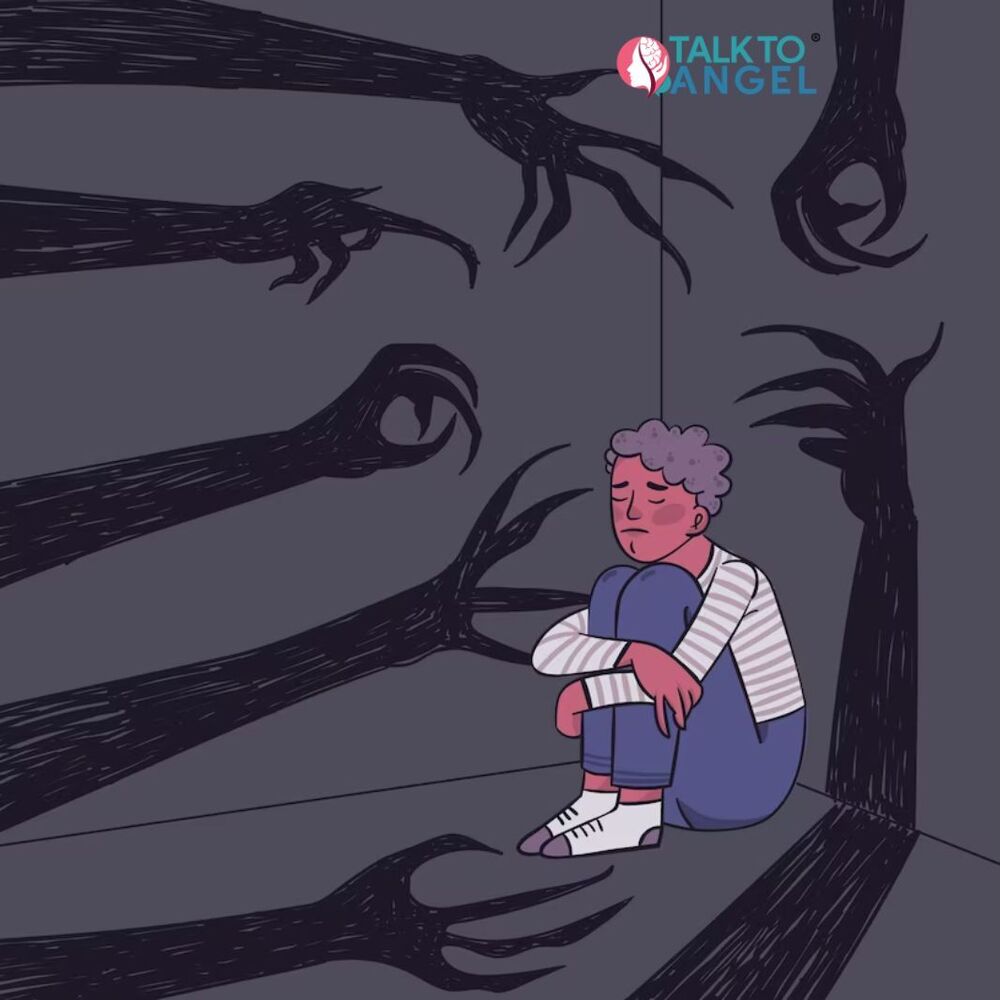Mental Health Diseases encompasses a broad spectrum of mental health illnesses
- 70 Views
- Blogger
- August 9, 2023
- Uncategorized
Eating Disorder is one of them. It is a major, complex mental health disorder that affects both emotional and physical health. People suffering from eating disorders have negative connections with food, their weight, or their appearance. Eating disorders include bulimia, anorexia, and excessive eating disorder.
While Eating Disorder is a serious mental health issue, it is important to note that there are various treatment options available to those affected. Marriage counselling can be a helpful tool for individuals who are dealing with an eating disorder, as it can provide a safe space to discuss the impact of the disorder on their relationship with their spouse or partner. Additionally, Online therapists India can provide support and guidance to individuals who may not have access to in-person therapy or prefer the convenience of virtual sessions. It is important for those struggling with an eating disorder to seek professional help, as early intervention can improve the chances of successful treatment outcomes.
Genetics, environment, and social factors all have a role in the development of eating disorders. When other aspects of their lives become difficult to manage, some people suffering from eating disorders may resort to extreme measures to limit their food consumption or food groups. Obsession with food is an undesirable way of coping with negative feelings or sentiments. Thus, eating disorders are less about food and more about figuring out how to manage your emotions in a healthy way.
There are numerous types of eating disorders. Some people may have several types of eating disorders. Here are several examples:
Anorexia nervosa is an illness in which people excessively limit their calories and meals, sometimes to the point of starvation. Individuals of a variety of sizes can suffer from anorexia. It is characterised by an obsession with losing weight and a refusal to consume adequate amounts of food for one’s physique and activity level.
Individuals suffering with the disorder may binge or eat an enormous quantity of food in a brief amount of time, or believe they do. Individuals may then force themselves to expel the calories by vomiting, using laxatives, or exercising excessively in order to rid their bodies of the food and calories.
Psychotherapy: A mental health specialist can advise you on the most appropriate psychotherapy for your particular situation. Cognitive behavioral treatment (CBT) is beneficial to many people who suffer from eating problems. This type of therapy assists you in recognizing and changing negative thought patterns that influence your actions and emotions.
The Maudsley method: This sort of family counseling is beneficial to the parents of anorexic teenagers. As their children acquire better eating habits, parents actively guide their children’s eating choices.
Medications: Some people who have eating disorders also have anxiety or depression. These disorders can be treated with antidepressants or other medications. As a result, your attitudes about yourself and food improve.
Nutritional counseling: A qualified dietitian with experience in eating disorders can help you improve your eating habits and create healthy meal plans. This professional can also advise you on grocery shopping, meal planning, and cooking.
Create a support network: Discuss your situation with close friends, family members, or anyone you trust. Tell them how they can assist you during your recovery. Consider joining a support group or an online community to connect with others who are going through similar experiences.
Make self-care activities that enhance both physical and emotional well-being a priority. This could include regular exercise that you enjoy, stress-reduction techniques like meditation or deep breathing exercises, and exploring hobbies or activities that bring you joy and fulfillment.
Be diligent and patient: recovery from a disorder of eating takes patience and dedication. It is essential to be patient with oneself and not get discouraged by setbacks. Maintain your dedication to your treatment plan and seek assistance when needed.
The most effective treatment strategy is typically a collaboration of all of these professionals in order to have a comprehensive treatment that covers the physical, emotional, and behavioral aspects.
Remember that receiving professional help is critical to successfully treating an eating disorder. They can offer you the assistance and support you require throughout your recovery process.





